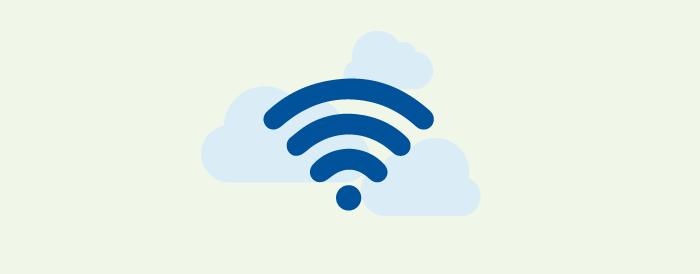MANAGING YOUR PERSONAL DATA
Keeping Your Information Safe Online

Nearly seven hours – that’s how long the average person in the U.S. spends online every day. Whether that’s checking social media, streaming shows or looking things up – it’s clear we’re on our devices a lot. With increased use we are also at higher risk of our personal information being bought, sold and used without our permission. The good news is that with a few simple steps, you can continue using your devices, but in a safer manner. No one can prevent all identity theft, but by using these tips, you’ll help keep your personal information (especially health information) a little more “personal” online.
Use passcodes for your devices
If you were to leave your phone somewhere, would the person who found it be able to access what’s on it? Everything from your email and social media accounts to all the personal information you may have stored on the device? That’s a scary scenario. Make sure to use a hard-to-guess passcode to help keep all devices, apps, accounts, and personal information protected.
Create strong and unique passwords
If you have an online account with a company that suffered a data breach, ideally, that account is your only concern. But if you use the same login credentials on other accounts, then that single incident could give hackers access to your other accounts, as well. That’s why it makes sense to use a unique password for each of your accounts.
Limit social media sharing
Sharing too much on social media may put your personal information in the wrong hands. Pay attention to not only to what you share, but also to your privacy settings to limit the number of people who can see what you’re sharing. If your kids are on social media, monitor their privacy settings and pay attention to what they are sharing too.
Be wary of free Wi-Fi
Free public Wi-Fi is convenient, but most free public Wi-Fi networks don’t offer much security. With the right tools, anyone else on the same network could be “eavesdropping” on your online activity. Save transactions, like logging in to your bank account or entering a credit card number, for when you’re on a secure network.
Close unused accounts
Old unused accounts are at risk of hackers and exposing personal information attached to that account – like old bank statements and healthcare forms—which could lead to identity theft. Invest some time in shutting down unused online accounts.
